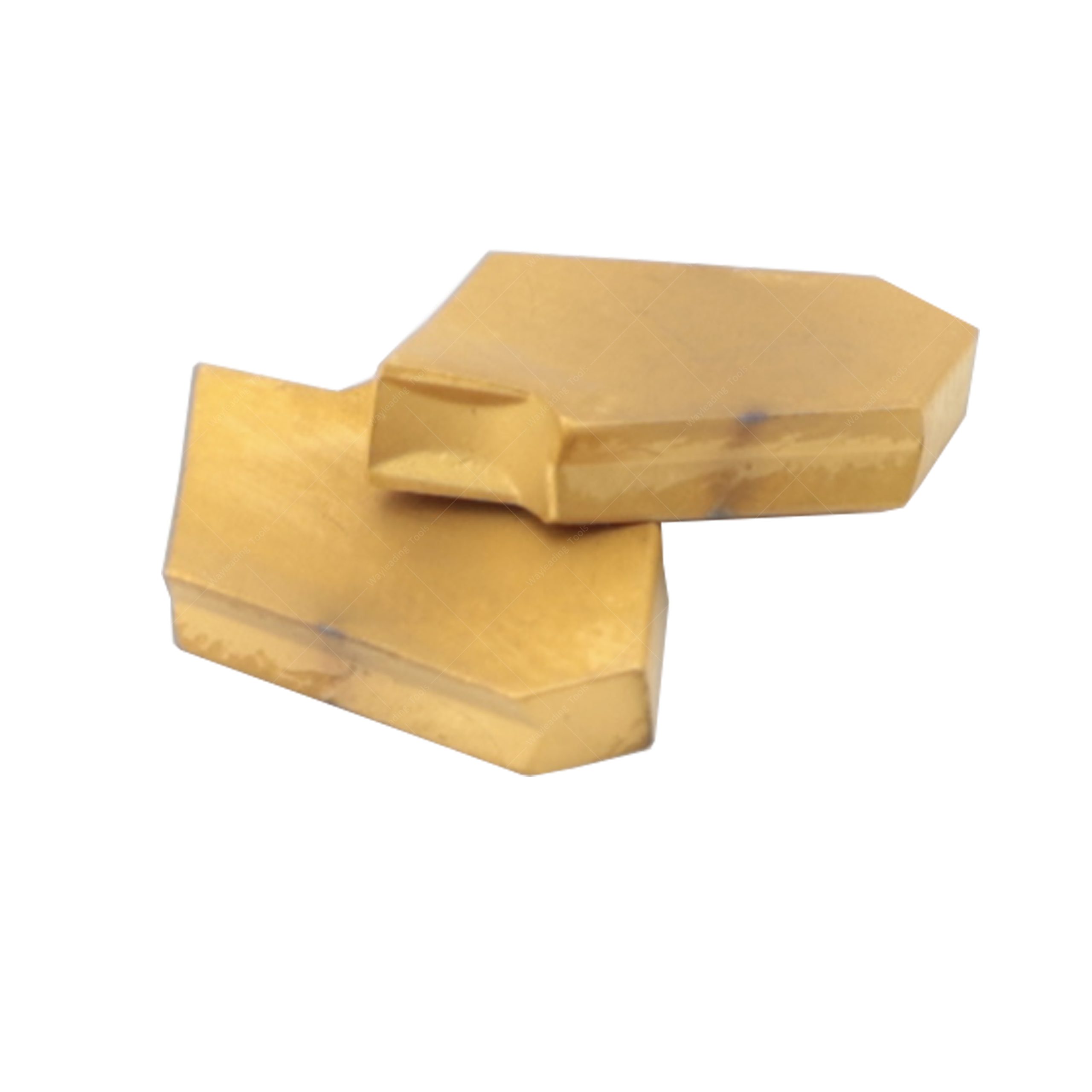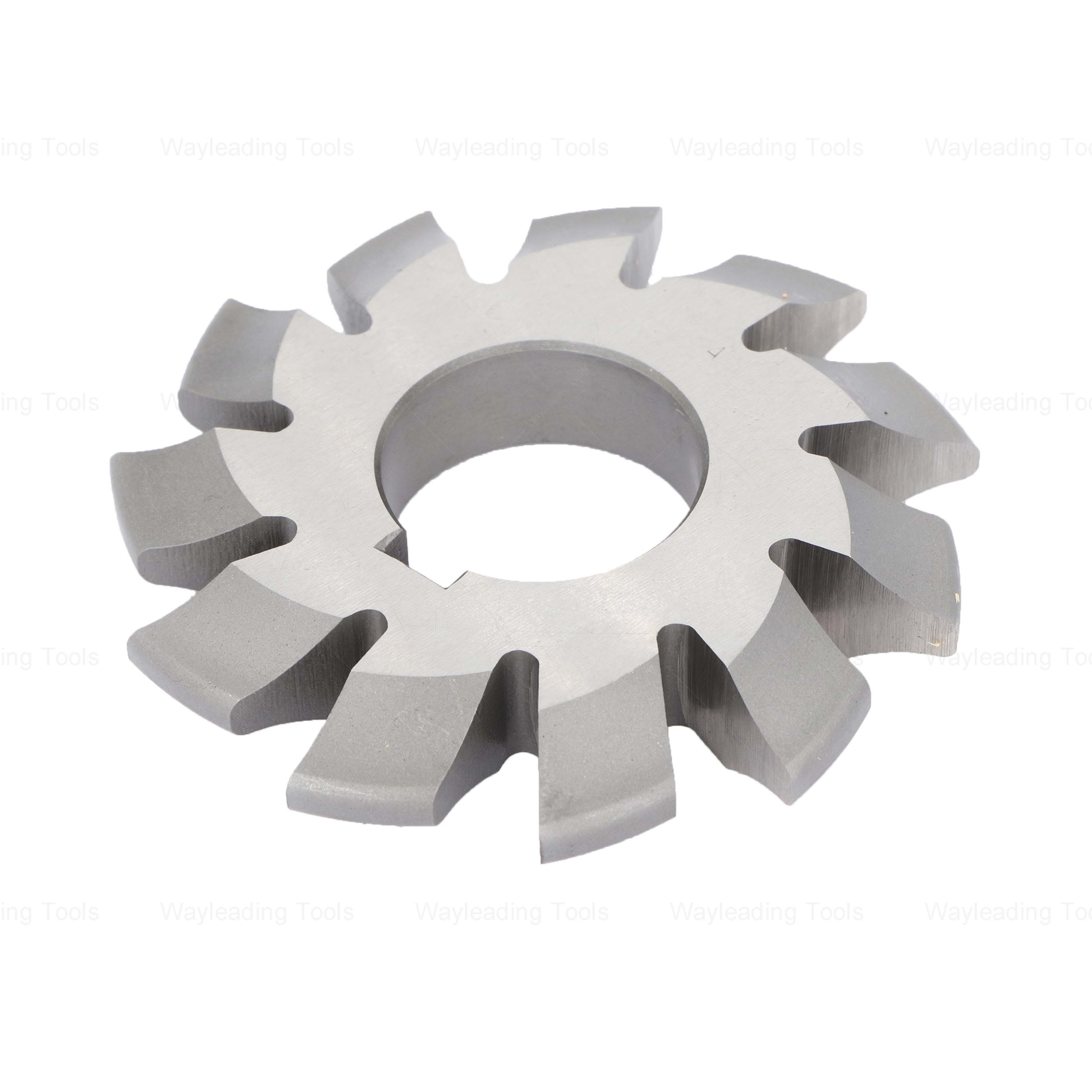taper taps Factories
Taper taps are essential tools for creating internal threads in a variety of materials. Choosing the right factory to source these tools is crucial for ensuring quality and reliability. This guide explores the key factors to consider when selecting taper taps factories, the types of taper taps available, and how to ensure you get the best value for your investment.
Understanding Taper Taps
What are Taper Taps?
Taper taps, also known as starter taps, are designed with a gradual taper that evenly distributes the cutting load across the tool. This design makes them ideal for starting a thread in a pre-drilled hole. The taper allows for easier alignment and reduces the risk of thread damage. Typically, taper taps have 7-10 threads tapered.
Applications of Taper Taps
Taper taps are widely used across various industries, including:
- Automotive: Creating threads in engine blocks, cylinder heads, and other components.
- Aerospace: Manufacturing threaded fasteners for aircraft structures.
- Manufacturing: General-purpose threading in metal, plastic, and other materials.
- Construction: Threading pipes and fittings for plumbing and structural applications.
Key Considerations When Choosing Taper Taps Factories
Quality Control and Certifications
The most important factor when selecting a taper taps factory is their commitment to quality control. Look for factories that adhere to international standards such as ISO 9001. Certifications demonstrate that the factory has established a robust quality management system to ensure consistent product quality. For example, ISO 9001 ensures the factory’s commitment to meeting customer and regulatory requirements.
Manufacturing Capabilities and Technology
The factory's manufacturing capabilities and technology directly impact the quality and precision of the taper taps. Ensure that the factory uses modern CNC (Computer Numerical Control) machines and advanced inspection equipment. CNC machines offer superior accuracy and repeatability, which are essential for producing high-quality taper taps. Ask about their grinding processes, material sourcing, and heat treatment methods.
Material Selection
The material used to manufacture taper taps significantly affects their performance and lifespan. Common materials include high-speed steel (HSS), cobalt steel, and carbide. HSS is a general-purpose material suitable for a wide range of applications. Cobalt steel offers higher heat resistance and is ideal for machining tougher materials. Carbide provides exceptional hardness and wear resistance, making it suitable for high-volume production and abrasive materials. Wayleading Tools are mostly made with HSS material.
Customization Options
If you require custom taper taps for specific applications, choose a factory that offers customization options. Customization may include specific thread sizes, pitches, materials, and coatings. A good factory will work closely with you to understand your requirements and develop a taper tap that meets your exact needs.
Production Capacity and Lead Times
Consider the factory's production capacity and lead times to ensure they can meet your demand. A factory with high production capacity and efficient processes can deliver large orders within a reasonable timeframe. Inquire about their production planning and scheduling processes to get a realistic estimate of lead times.
Pricing and Payment Terms
Obtain quotes from multiple taper taps factories to compare pricing. However, don't solely focus on the lowest price. Consider the overall value, including quality, reliability, and service. Discuss payment terms and ensure they are favorable to your business. Many factories offer discounts for large orders or long-term contracts.
Shipping and Logistics
Evaluate the factory's shipping and logistics capabilities. Ensure they have experience shipping taper taps to your location and can handle customs clearance and other import/export requirements. A reliable shipping partner can minimize delays and ensure your order arrives safely and on time.
Communication and Customer Service
Effective communication and responsive customer service are essential for a successful partnership. Choose a factory that communicates clearly and promptly and is willing to address your questions and concerns. A good factory will provide technical support and after-sales service to ensure your satisfaction.
Types of Taper Taps Available
Hand Taps
Hand taps are designed for manual threading. They typically come in sets of three: taper tap, plug tap, and bottoming tap. The taper tap is used to start the thread, followed by the plug tap to deepen the thread, and finally, the bottoming tap to create a full thread depth in blind holes.
Machine Taps
Machine taps are designed for use with power tools and CNC machines. They offer faster threading speeds and greater precision compared to hand taps. Machine taps are available in various designs, including spiral point taps, spiral flute taps, and form taps.
Spiral Point Taps
Spiral point taps, also known as gun taps, have a spiral point that pushes chips ahead of the tap, preventing chip buildup and improving thread quality. They are ideal for through holes and materials that produce stringy chips.
Spiral Flute Taps
Spiral flute taps have spiral flutes that pull chips back out of the hole. They are ideal for blind holes and materials that produce powdery chips. Ensure the spiral is appropriate for the rotation of the tap.
Form Taps
Form taps, also known as thread forming taps, do not cut threads. Instead, they form threads by displacing material. This process produces stronger threads and eliminates chips. Form taps are ideal for ductile materials such as aluminum and copper.
Ensuring Quality and Performance
Inspection and Testing
Before accepting a shipment of taper taps, conduct thorough inspection and testing to ensure they meet your quality requirements. Use precision measuring instruments to verify thread dimensions, hardness, and surface finish. Perform sample threading tests to evaluate cutting performance and thread quality.
Proper Usage and Maintenance
Proper usage and maintenance are essential for maximizing the lifespan and performance of taper taps. Use the correct cutting speed and feed rate for the material being threaded. Apply cutting fluid to reduce friction and heat. Clean and lubricate taper taps regularly to prevent corrosion and wear. Store taper taps in a dry and organized manner to protect them from damage.
Troubleshooting Common Issues
Common issues with taper taps include thread breakage, chipping, and poor thread quality. Thread breakage can be caused by excessive cutting force or improper alignment. Chipping can be caused by using the wrong tap for the material or inadequate lubrication. Poor thread quality can be caused by dull taps, incorrect cutting speeds, or excessive chip buildup. By understanding the causes of these issues, you can take corrective actions to improve threading performance.
Finding Reliable Taper Taps Factories
Online Directories and Marketplaces
Online directories and marketplaces such as Alibaba, Global Sources, and ThomasNet are excellent resources for finding taper taps factories. These platforms provide detailed information about suppliers, including their product range, manufacturing capabilities, certifications, and customer reviews. Use these resources to identify potential suppliers and conduct initial screening.
Trade Shows and Exhibitions
Attending trade shows and exhibitions related to metalworking and manufacturing is another effective way to find taper taps factories. Trade shows provide an opportunity to meet suppliers in person, examine their products, and discuss your requirements. Some of the leading trade shows include IMTS (International Manufacturing Technology Show) and EMO (European Machine Tool Exhibition).
Referrals and Recommendations
Seek referrals and recommendations from colleagues, industry partners, and other businesses that use taper taps. Personal recommendations can provide valuable insights into the quality, reliability, and service of different taper taps factories. Ask for specific examples of their experiences and any challenges they encountered.
Cost Optimization Strategies
Volume Discounts
Negotiate volume discounts with taper taps factories to reduce the cost per unit. Many factories offer significant discounts for large orders. Consolidate your orders to take advantage of volume pricing. A reliable supplier like Wayleading Tools may offer these benefits.
Long-Term Contracts
Establish long-term contracts with taper taps factories to secure favorable pricing and supply terms. Long-term contracts provide factories with predictable demand, allowing them to offer better pricing and prioritize your orders.
Material Alternatives
Explore material alternatives to reduce costs without compromising quality. For example, consider using HSS taper taps instead of cobalt steel taper taps for less demanding applications. Work with your factory to identify cost-effective material options that meet your performance requirements.
Efficient Inventory Management
Implement efficient inventory management practices to minimize waste and reduce carrying costs. Optimize your ordering quantities to avoid overstocking or stockouts. Use inventory management software to track inventory levels and forecast demand accurately.
Conclusion
Choosing the right taper taps factory is a critical decision that can significantly impact the quality, efficiency, and cost of your threading operations. By considering the factors outlined in this guide, you can make an informed decision and establish a successful partnership with a reliable taper taps factory. Remember to prioritize quality, manufacturing capabilities, customization options, and customer service. With the right taper taps and supplier, you can achieve superior threading performance and maximize your productivity.
Disclaimer: The information provided in this article is for general guidance only. Always consult with qualified professionals and refer to manufacturer specifications for specific applications.
References:
Related products
Related products
Best selling products
Best selling products-
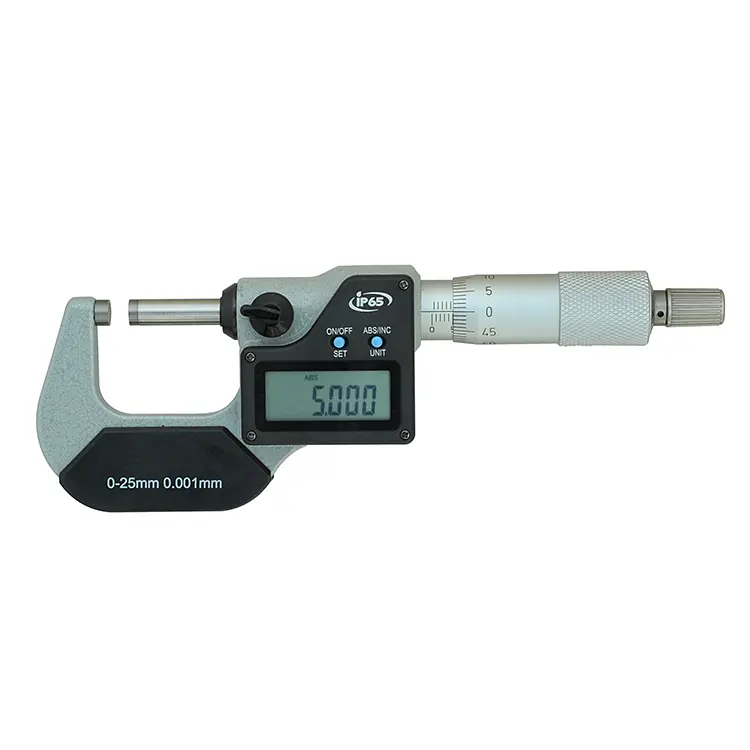 Precision IP65 Digital Outside Micrometer Of Inch & Metric With Data Output
Precision IP65 Digital Outside Micrometer Of Inch & Metric With Data Output -
 TCT Annular Cutters With Weldon Shank For Metal Cutting
TCT Annular Cutters With Weldon Shank For Metal Cutting -
 Precision V Block And Clamps Set With Industry Type
Precision V Block And Clamps Set With Industry Type -
 HSS DP Involute Gear Cutters With PA20 And PA14-1/2
HSS DP Involute Gear Cutters With PA20 And PA14-1/2 -
 HSS Metric 4 Flute End Mills With Bright Or TiN And TiAlN Coated
HSS Metric 4 Flute End Mills With Bright Or TiN And TiAlN Coated -
 Precision IP67 Digital Caliper With Data Output For Industrial
Precision IP67 Digital Caliper With Data Output For Industrial -
 5C Hex Collet With Inch and Metric Size
5C Hex Collet With Inch and Metric Size -
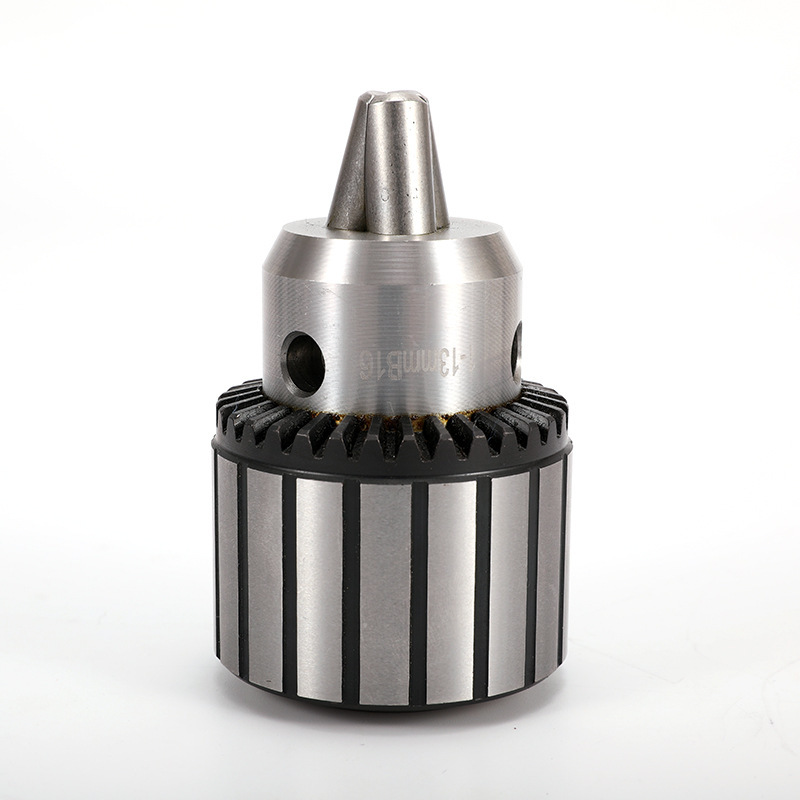 Key Type Drill Chuck With Heavy Duty Type
Key Type Drill Chuck With Heavy Duty Type -
 Precision 8pcs & 9pcs Angle Blocks Set With High Quality Type
Precision 8pcs & 9pcs Angle Blocks Set With High Quality Type -
 Deburring Tool Holder For The Deburring Tool Blades
Deburring Tool Holder For The Deburring Tool Blades -
 Precision Dial Indicator Gage For Industrial With Jeweled
Precision Dial Indicator Gage For Industrial With Jeweled -
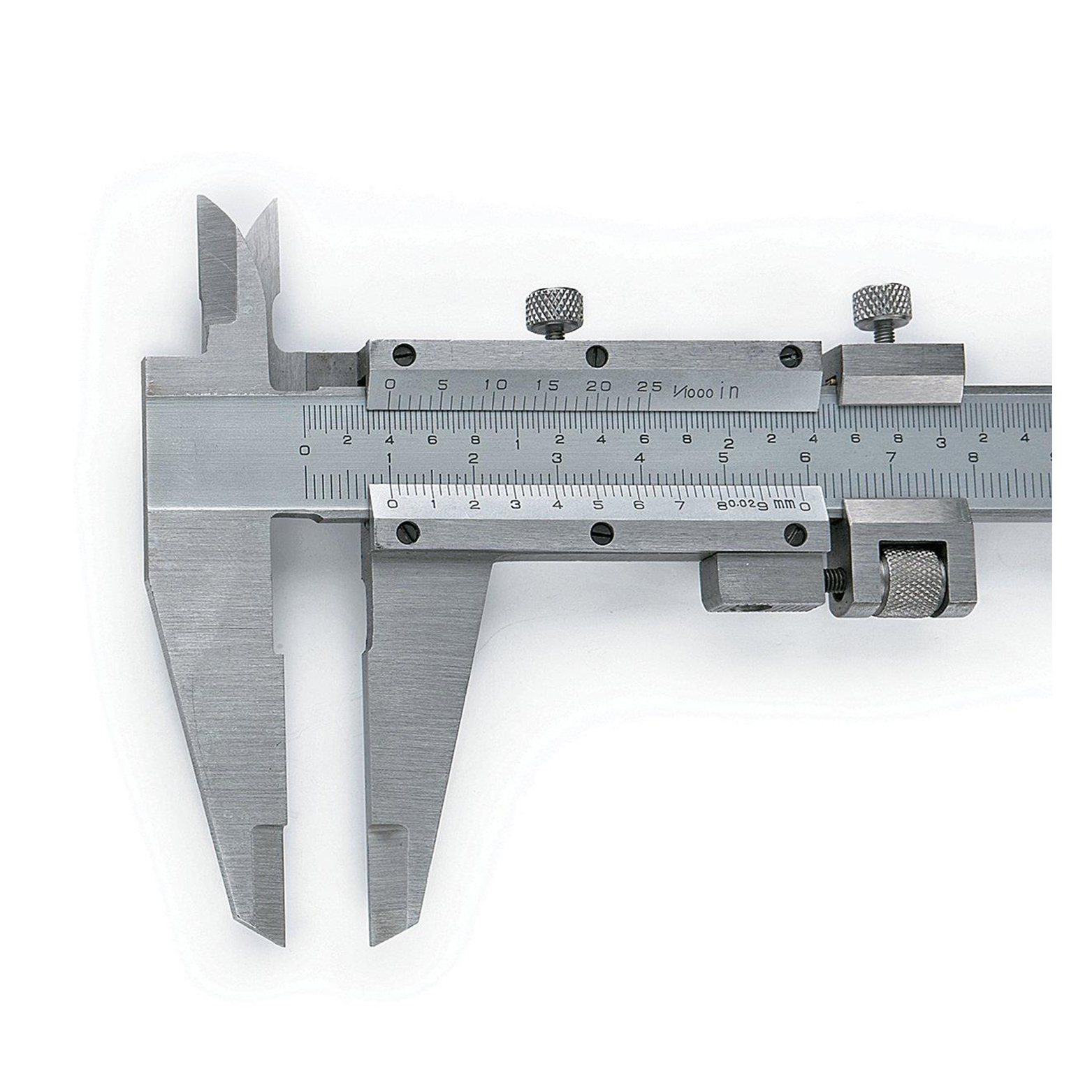 Precision Fine-Adjustment Vernier Caliper Of Metric & Imperial For Industrial
Precision Fine-Adjustment Vernier Caliper Of Metric & Imperial For Industrial





